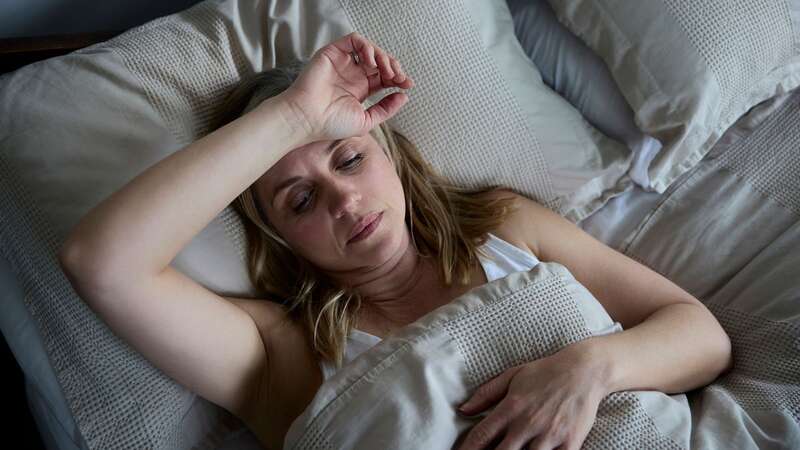
An undiagnosed sleep disorder could be hindering your daily life, a new study has found.
The Dreaming of Change report, put together by The Sleep Charity, has found that nine in 10 adults are experiencing sleep problems, and there could be as many as 14 million living with a sleep disorder without seeking help for it - which could end up being dangerous to their health.
The report polled 2,000 adults and discovered that of those who experienced symptoms of sleep disorders such as insomnia and sleep apnoea, only one in six have been diagnosed. With so many of us suffering from poor-quality sleep, are you aware of the symptoms of sleep disorders and when to seek help?
According to the NHS, insomnia is best categorised as regularly having problems sleeping. Symptoms of insomnia include finding it hard to go to sleep, waking up several times during the night, lying awake at night, or waking up early and being unable to get back to sleep. However, you may also:
- still feel tired after waking up
- find it hard to nap during the day even though you're tired
- feel tired and irritable during the day
- find it difficult to concentrate during the day because you're tired
On average, adults need between seven and nine hours of sleep a night, but many factors can impact how much sleep we get, such as stress and anxiety, noisy neighbours, and even an uncomfortable bed. The NHS website states that you can try to ease the symptoms of insomnia yourself by making healthy bedtime choices like relaxing one hour before bed, going to bed at the same time every night, and making sure your room is dark and quiet.
 Sleep expert shares 7 plants you need in your bedroom that can help you snooze
Sleep expert shares 7 plants you need in your bedroom that can help you snooze
They also suggested you avoid alcohol and caffeine at least six hours before bed, as well as avoiding using your phone or watching TV in bed, having a big meal before bed, and taking naps during the day.
However, if changing your sleep habits does not improve your insomnia, or if you have had trouble sleeping for months, then the NHS recommends seeing a GP. Doctors now rarely prescribe sleeping pills to treat insomnia, but you may be offered cognitive behavioural therapy (CBT) or referred to a sleep clinic.
Sleep apnoea, meanwhile, is usually a more dangerous sleep disorder that occurs when your breathing stops and starts while you sleep. The NHS states sleep apnoea needs to be treated because it can lead to more serious problems, such as high blood pressure, heart disease, stroke, and depression. Symptoms of sleep apnoea include:
- breathing stopping and starting
- making gasping, snorting or choking noises
- waking up a lot
- loud snoring
When you wake up, you may find that you still feel tired, have mood swings, or find it hard to concentrate. Sleep apnoea can sometimes be treated by making lifestyle changes such as losing weight and giving up smoking, but many people need to use a device called a CPAP machine which gently pumps air into a mask that you wear while you sleep.
According to the Sleep Charity report, only one in 20 people polled were aware of the links between poor sleep and serious health problems such as cancer, stroke, and infertility. The report called for more public health advice on good sleep habits, as 13% said they have tried drinking alcohol to get to sleep, and 5% admitted to taking someone else's sleep medication.
Lisa Artis, deputy chief executive of The Sleep Charity, said: "While public health campaigns around healthy eating and physical activity have been ongoing for decades, sleep has been left in the 'solutions box' despite evidence showing poor sleep increases mortality by 13 per cent and is linked with major physical and mental health conditions. We believe it's high time this changed.
"At a time when the government has never been more focused on preventative measures to tackle ill health, our report clearly demonstrates that sleep can play an oversized role in supporting this ambition and positively impacting all six of the major health conditions in the UK, including cancer, cardiovascular diseases, dementia, and mental ill health."
If you suffer from insomnia, sleep apnoea, or another sleep disorder, The Sleep Charity is here to help. You can call the national sleep helpline on 03303 530 541, or visit the charity's website for information and support.
Read more similar news:
Comments:
comments powered by Disqus

































